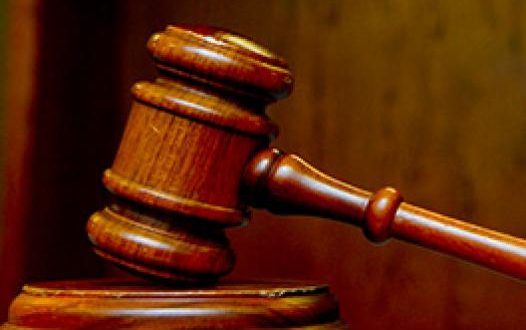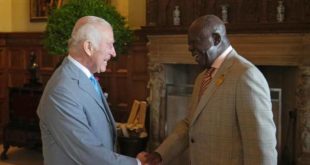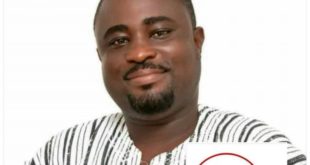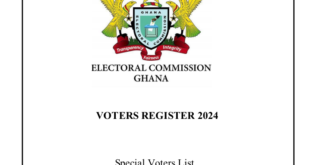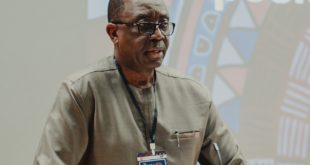Deputy Speakers of Parliament can vote – Supreme Court.
The Supreme Court has ruled that a Deputy Speaker presiding over proceedings in Parliament has the right to vote on matters and also be counted as part of the quorum for decision making in Parliament.
In a unanimous decision today, a seven-member panel of the apex court held that upon a true and proper interpretation of Article 103 and 104 of the 1992 Constitution, a Deputy Speaker who happens to be a member of Parliament does not lose his right to take part in decision making in Parliament, reports Graphic Online’s Emmanuel Ebo Hawkson who was in the courtroom.
In view of the decision, the apex court held that the passing of the budget on November 30, 2021 in which Mr Joe Osei Owusu , the first Deputy Speaker counted himself as part of the quorum, was valid.
Also, the court has struck down order 109(3) of the standing orders of Parliament which prevented a deputy speaker presiding from voting, as unconstitutional.
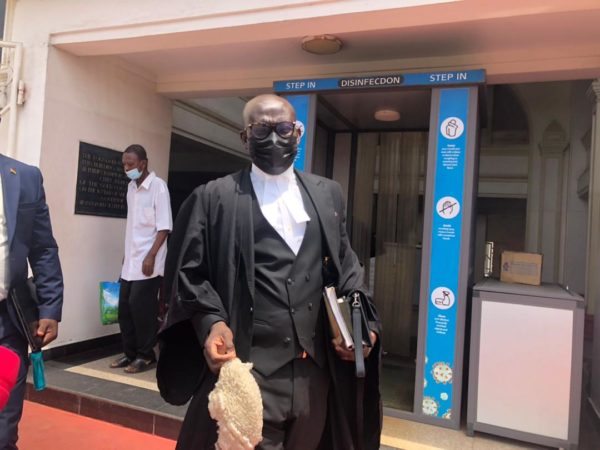
The court gave the decision today after it dismissed a writ by a law lecturer, Justice Abdulai, who was challenging the decision of Mr Owusu to be counted as part of the quorum to pass the budget.
The unanimous decision was given by Justices Jones Dotse, Nene Amegather, Prof Ashie Kotey, Mariama Owusu, Lovelace Johnson, Clemence Honyenuga and Yonny Kulendi.
The court did not give its reasons for the decision but said the reasons would be filed by Friday at the Court’s registry [March 11, 2022].
Related: Supreme Court rules on Deputy Speaker’s right to vote in Parliament, March 9
Justice Abdulai’s case
The plaintiff was of the view that the 1992 Constitution does not allow a person presiding over proceedings in Parliament to have an original or casting vote, or to be part of a quorum.
In support of his case, he relies on Article 102 of the 1992 Constitution which provides that “a quorum of Parliament, apart from the person presiding, shall be one-third of all Members of Parliament”, and Article 104 (1) which provides that matters in Parliament “shall be determined by votes of majority members present and voting, with at least half of all members of Parliament present.”
He also cites Article 104 (2) of the 1992 Constitution which stipulates that: “The Speaker shall have neither original nor casting vote.”
It is the case of Mr Abdulai that the First or Second Deputy Speakers of Parliament, when presiding, have the “same authority and mandate just like the Right Honourable Speaker”, and therefore cannot vote or be part of the quorum.
A-G’s case:
The A-G disagreed with the plaintiff and argues that the quorum in Parliament formed under Article 102 is different from the quorum formed under Article 104 of the 1992 Constitution.
It is the case of Mr Dame that the quorum under Article 102 is for the conduct of business in Parliament, and that is why Article 102 provides that it should be one-third of members.
“Given that Parliament presently is made up of 275 members, the quorum under Article 102 for the conduct of its business is 92 MPs,” the A-G submitted.
According to the A-G, based on the clear provision of Article 102, any person presiding, either the Speaker or Deputy Speakers, is precluded from being part of that quorum.
On the other hand, the A-G is of the view that the quorum under Article 104 (1) which deals with the determination of matters through voting in Parliament requires at least half of all MPs, and such a quorum is not the same as the one in Article 102.
Mr Dame contends that unlike Article 102 which precludes a “person presiding” from being part of the quorum, Article 104 (2) specifically precludes “The Speaker”.
The A-G, therefore, holds the position that only the person elected as “The Speaker” of Parliament is barred from forming part of the quorum under Article 104 when presiding, and not Deputy Speakers who preside over proceedings.
 HEROESNEWSGH The Biggest Gh News Platform
HEROESNEWSGH The Biggest Gh News Platform
